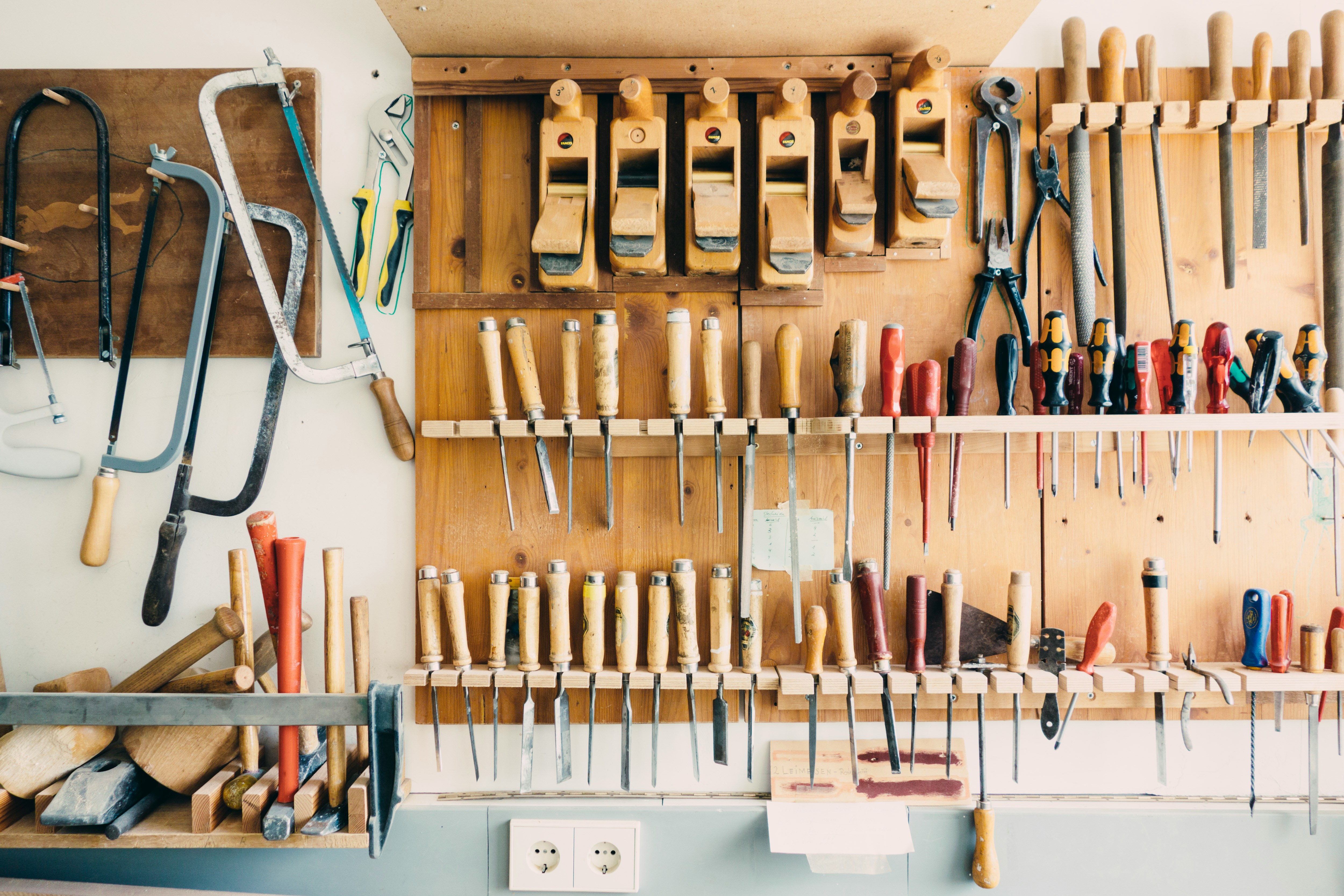Real Estate Marketing
Hosting Workshops on Renovation, DIY Projects, and Home Improvement Tips
Engaging with your community goes beyond buying and selling homes; it involves providing valuable insights and empowering homeowners. Hosting workshops on home renovation, do-it-yourself (DIY) projects, and home improvement tips can position you as a knowledgeable and helpful real estate professional. Here's a guide on how to successfully organize and host these informative workshops:
1. Identifying Workshop Topics
Diverse Topics: Cover a range of topics that appeal to homeowners at various stages. This could include DIY projects for beginners, advanced home renovation tips, or energy-efficient upgrades.
Seasonal Relevance: Align some workshops with seasonal needs, such as winterizing homes, spring cleaning, or preparing for the summer season.
2. Selecting Knowledgeable Speakers
Local Experts: Invite local experts, such as contractors, interior designers, or landscape architects, to share their expertise. This adds credibility and diverse perspectives to the workshops.
Community Involvement: Consider involving skilled community members who can showcase their talents and contribute to the local flavor of the workshops.
3. Choosing Workshop Formats
Hands-On Demos: Incorporate hands-on demonstrations where participants can actively engage in small DIY projects. This fosters a practical learning environment.
Panel Discussions: Arrange panel discussions with experts to address common questions and concerns. This format encourages interactive dialogue.
4. Selecting Suitable Venues
Local Community Spaces: Host workshops in community centers, local libraries, or other accessible venues. This encourages participation from a diverse audience.
Home Tours: Consider organizing workshops in homes that have undergone successful renovations. This provides real-life examples for participants.
5. Promoting Workshops Effectively
Digital Channels: Leverage digital marketing channels, including social media, email newsletters, and your website, to promote upcoming workshops.
Collaboration with Local Businesses: Partner with local home improvement stores or businesses that align with the workshop themes. They can contribute resources or sponsor the events.
6. Offering Practical Takeaways
Educational Materials: Provide participants with informative materials, such as handouts, guides, or checklists, that summarize the key points discussed during the workshops.
Exclusive Discounts: Collaborate with local suppliers to offer exclusive discounts on home improvement materials for workshop participants.
7. Creating a Networking Environment
Q&A Sessions: Include question-and-answer sessions to address specific concerns of participants. This creates an interactive and engaging atmosphere.
Networking Opportunities: Allocate time for networking, allowing homeowners to connect with each other and with the professionals present.
8. Collecting Feedback and Follow-Up
Feedback Forms: Distribute feedback forms to gather insights on the effectiveness of the workshops and areas for improvement.
Follow-Up Resources: Provide additional resources and follow-up emails with supplementary information, encouraging continued engagement.
Hosting workshops on home renovation, DIY projects, and home improvement tips not only positions you as a valuable resource in the community but also strengthens your relationships with current and potential clients. By empowering homeowners with knowledge, you contribute to the overall well-being of the community while showcasing your expertise in the real estate industry.




